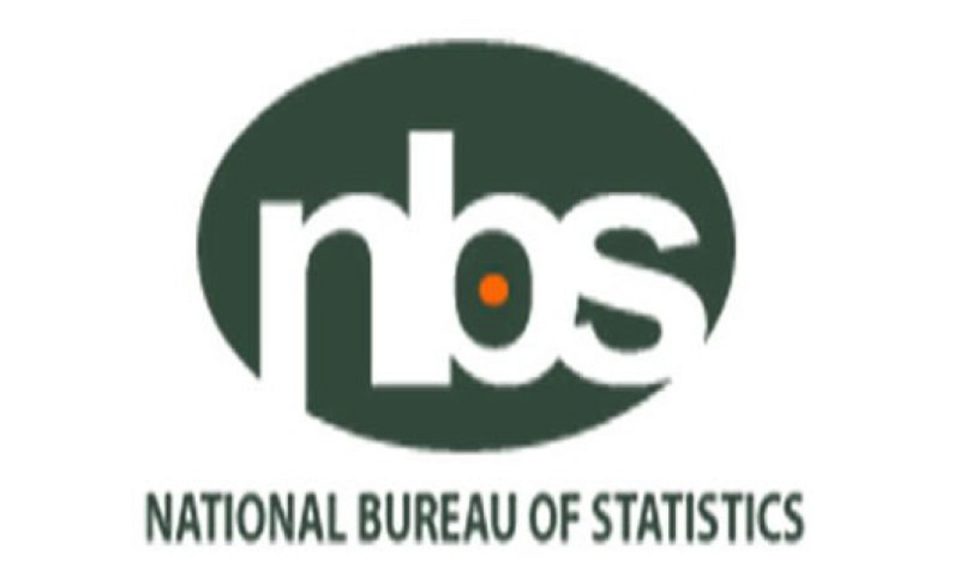National Bureau of Statistics (NBS) has put Nigeria’s inflation rate for January 2024 at 29.90 per cent rom 28.92 per cent recorded in December 2023.
The 0.98 per cent increase shows that the inflation rate in the country is yet to slow down.
The NBS revealed this in its ‘Consumer Price Index published on Thursday.
The development adds more pressure on the Central Bank’s monetary policy committee to sharply raise interest rates at a February 26-27 meeting — its first in seven months.
The report read, “In January 2024, the headline inflation rate increased to 29.90 per cent relative to the December 2023 headline inflation rate which was 28.92 per cent.
“Looking at the movement, the January 2024 headline inflation rate showed an increase of 0.98 per cent points when compared to the December 2023 headline inflation rate. Similarly, on a year-on-year basis, the headline inflation rate was 8.08 per cent points higher compared to the rate recorded in January 2023, which was 21.82 per cent.”
“This shows that the headline inflation rate (year-on-year basis) increased in January 2024 when compared to the same month in the preceding year (i.e., January 2023).
“Furthermore, on a month-on-month basis, the headline inflation rate in January 2024 was 2.64 per cent which was 0.35 per cent higher than the rate recorded in December 2023 (2.29 per cent).
“This means that in January 2024, the rate of increase in the average price level is more than the rate of increase in the average price level in December 2023.”
Food inflation has been a reoccurring issue faced by several governments across the globe and inflamed by the ongoing war between Russia and Ukraine.
In Nigeria, the price of food products has increased in geometric progression.
Recently, protests broke out in different parts of the country in reaction to the high cost of living with citizens in Niger, Kano, Kogi, Ondo, and other states demanding solutions to the economic crisis.
On Wednesday, the Northern traditional rulers and the Nigerian Bar Association decried the hardship in the country precipitated by the fuel subsidy removal which had resulted in higher transport costs and food inflation.
Details later…




